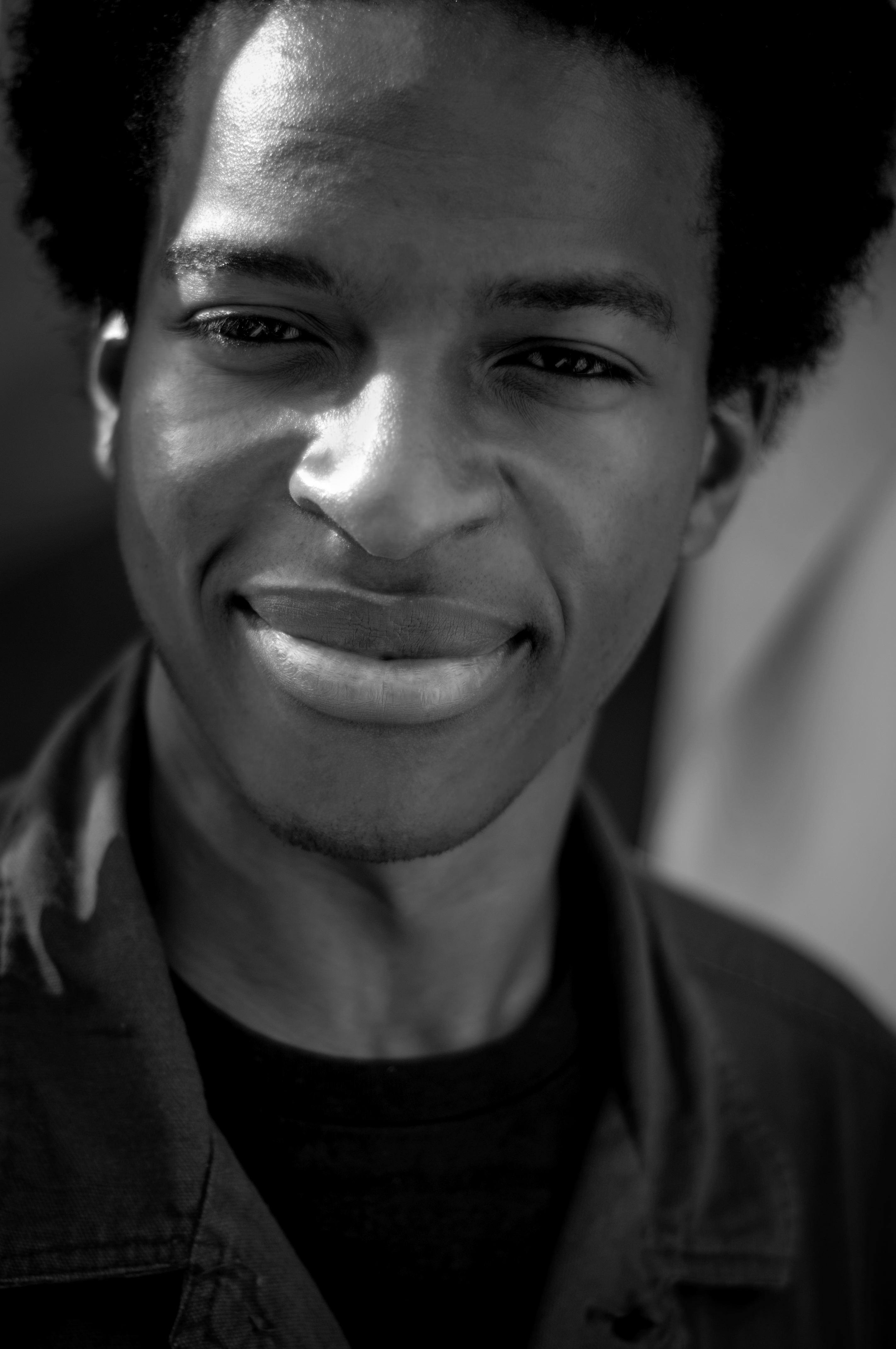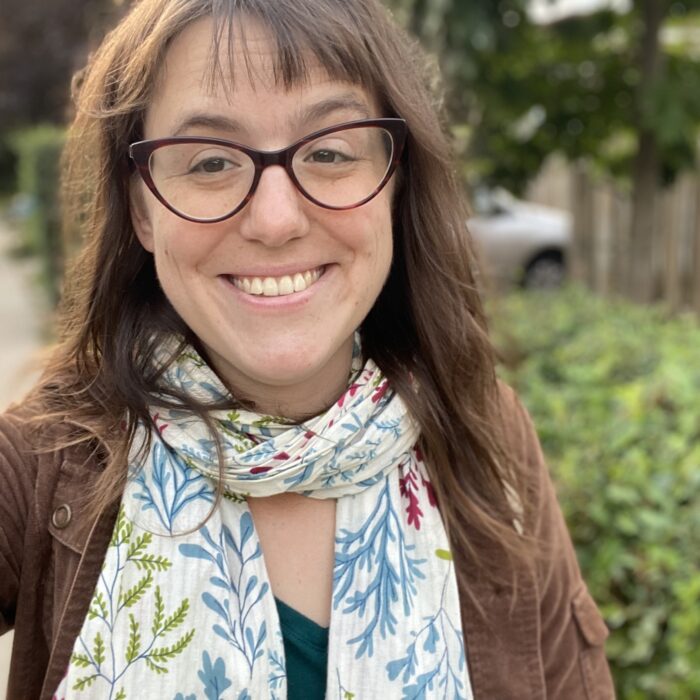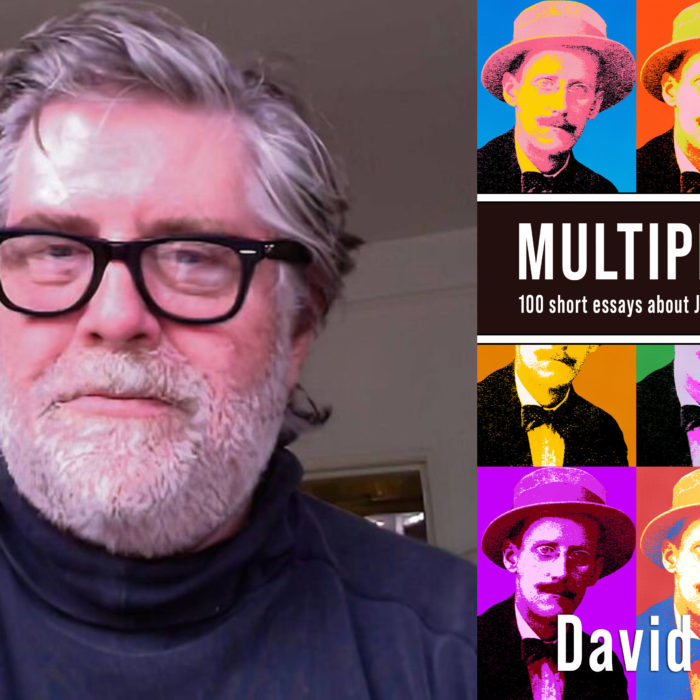You have no items in your cart. Want to get some nice things?
Go shopping
Kayo Chingonyi was born in Zambia in 1987, moving to the UK in 1993. We sat down to speak with Kayo to talk about what Britishness means to him, Grime music and more.
Tell us about yourself, your background and ethos.
I think that I write to explore musicality in language as well as to tell stories and ask questions. I have lived in the UK for most of my life so that is the lens which colours the way I see the world. That said, my work is also informed by the fact that I was born in Zambia and raised with a knowledge of its traditions and culture.
Who inspires you?
Artists who strive in their work to balance spontaneity and craft tend to influence my work. I love Terrance Hayes’s work for that quality; also, Anthony Joseph is a don. The list is very long but I’ll limit myself for the sake of brevity.
How did you get into Poetry?
I was lucky enough to have good English teachers throughout my schooling. Between that and an early fascination with song lyrics and the etymology of words, poetry was always going to appeal to me.
Writing like all art is about communication and expression. How does your work fit within our cultural conversation? And how do ensure the conversation carries on with your work?
I’m not certain I agree with that assertion (the word ‘about’ is somewhat totalizing) but I am interested in my own work in continuing a conversation between work that has gone before and also potential audiences. I don’t think too much about this in the writing process, though. If I did I probably wouldn’t write anything. In the first instance, writing is a conversation with myself. In publication or performance that conversation opens out to include other people.
What is your guiltiest pleasure?
Grey’s Anatomy, the TV show created by Shonda Rhimes, though I should say I feel no guilt or shame in watching it more in how involved I get in the storylines.
What’s your earliest childhood memory?
Buying chewing gum from the ice cream vendor who had a pitch up the street from our house
The theme for Litro this month is Britishness, Grime is very much a British sound with many of acts finding some success in the USA- music plays a large role in your works – what would you say is the intrinsic relationship between Grime and Poetry and to British Culture?
I think Grime lyricism like poetry is an art form that pays attention to the sound of words as well their meaning. They are both means of tapping into the music of language but with different results. There is a sense in which Grime distills a range of British musical cultures (from Jungle to UKG) and cross- pollinates them with other forms. By comparison with British Hip Hop, Grime is not apologetic for its Britishness but rather revels in it. There were of course pioneering acts like London Posse who made Hip Hop with a UK style while many still rapped in American accents but I guess they used structures from US Hip Hop (most notably the four elements) whereas Grime is similar but has its own elements. I think this has been part of the reason that North American acts (most notably Drake) have borrowed styles from Grime.
Can you give us your top 5-10 tips for budding Poets?
Read a lot of contemporary poetry
Listen to the music in language; become attuned to its various rhythms
Write as much as you can
Learn to edit your work
Read poetry aloud and go to poetry readings
Could you name your top five writers – and explain why they impress you?
I don’t have a top five but I like the following writers a lot:
Junot Diaz – because of how he weaves autobiographical elements into his fiction
Nathaniel Mackey – his musicality and commitment to a particular project (his books continue a serial project he’s been adding to all his career)
Valzhyna Mort – she writes about the messy things of life
Alice Oswald – her work, at its best, feels connected to something arcane
Kei Miller – he combines the skills of a brilliant essayist, novelist, and poet across all his work
How would you define creativity?
I wouldn’t – it’s a very broad human impulse. All of us have a little of it in us.
In an internationalist, interconnected world, ideas and creativity are constantly being flung across community threads, internet chatrooms and forums, and social media sites (among many others). With so many different voices speaking at once, how do you cut through the incessant digital background babble? How do you make your creativity – your voice – stand out and be heard?
I don’t think that anyone can. I think we need to stop thinking we can reach everyone. If you work to get good at what you do and put time into building a committed, rather than massive, fan base, you can make a lasting career as an artist.
What’s next in-terms of future projects?
I’m working on a residency project on migration so I’ll be writing some new work as part of that which will be premiered in Refugee Week this June. Other than that, I’m working on my first full-length poetry collection entitled Kumukanda.




